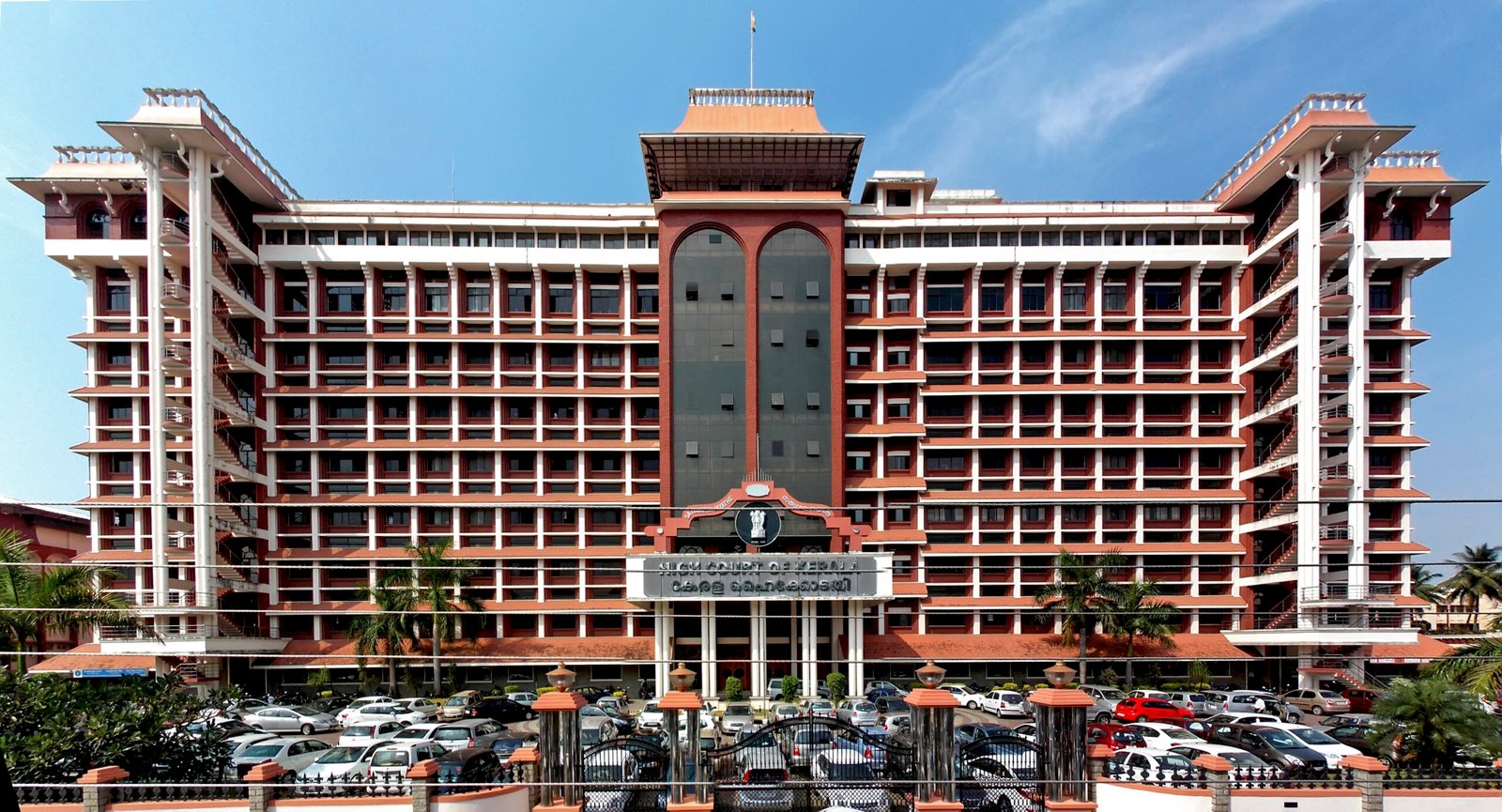The Court held that Article 370 was only a transitory provision enacted partly due to the wartime conditions in Jammu and Kashmir.
On Monday, the Supreme Court validated the Central government’s 2019 decision to revoke Article 370 of the Constitution, which had granted special status to the former State of Jammu and Kashmir.
A Constitution Bench, comprising Chief Justice of India (CJI) DY Chandrachud and Justices Sanjay Kishan Kaul, Sanjiv Khanna, BR Gavai, and Surya Kant, unanimously affirmed the government’s withdrawal of Article 370, citing its temporary nature as justification. The verdict was delivered in response to a series of petitions challenging the Central Government’s 2019 decision to abolish Article 370.
Following this decision, the Parliament enacted the Jammu and Kashmir Reorganisation Act, leading to the bifurcation of the state into two Union Territories: Ladakh and Jammu and Kashmir. The Court delivered three judgments, with CJI Chandrachud, Justices Gavai, and Kant concurring on one, while Justices Khanna and Kaul authored separate concurring opinions.
The Court emphasized that Article 370’s enactment was temporary, primarily serving to facilitate the state’s transition and establish a framework until the Constituent Assembly could determine the Union’s legislative authority. The verdict clarified that the cessation of the Constituent Assembly did not automatically prolong the existence of Article 370.
“The President had the authority to issue the order to revoke Article 370,” the Court concluded. It further emphasized that Article 370(3) aimed at constitutional integration rather than disintegration, rejecting the notion that it becomes inapplicable after the dissolution of a constituent assembly.
The Court upheld Constitutional Order 272 (CO 272), issued by the President on August 5, extending Indian Constitution provisions to Jammu and Kashmir. CO 272 was deemed not malicious, and the Court clarified that the President’s authority to issue CO 273, nullifying Article 370, remained valid.
However, the Court invalidated the portion of CO 272 amending Article 367, emphasizing that such amendments violated Article 370(1)(d).
The Court determined that Jammu and Kashmir lost internal sovereignty upon its 1949 accession to India, solidifying this through subsequent proclamations and the Constitution.
Regarding the Jammu and Kashmir Reorganisation Act of 2019, the Court refrained from ruling on its constitutionality but directed the Election Commission to conduct legislative assembly elections in Jammu and Kashmir by September 30, 2024. The Court also affirmed the establishment of the Union Territory of Ladakh.
After receiving over twenty petitions challenging the Article 370 repeal, the Court reserved its decision on September 5. The petitioners argued against the division of the state, characterizing it as an assault on federalism and a violation of the Constitution. The Court’s directive aims to restore statehood to Jammu and Kashmir and conduct elections by September 30, 2024.


